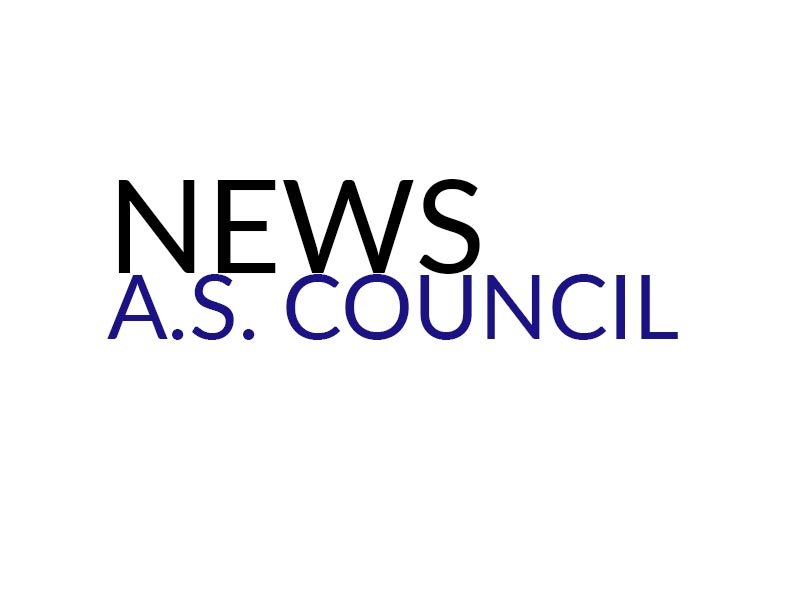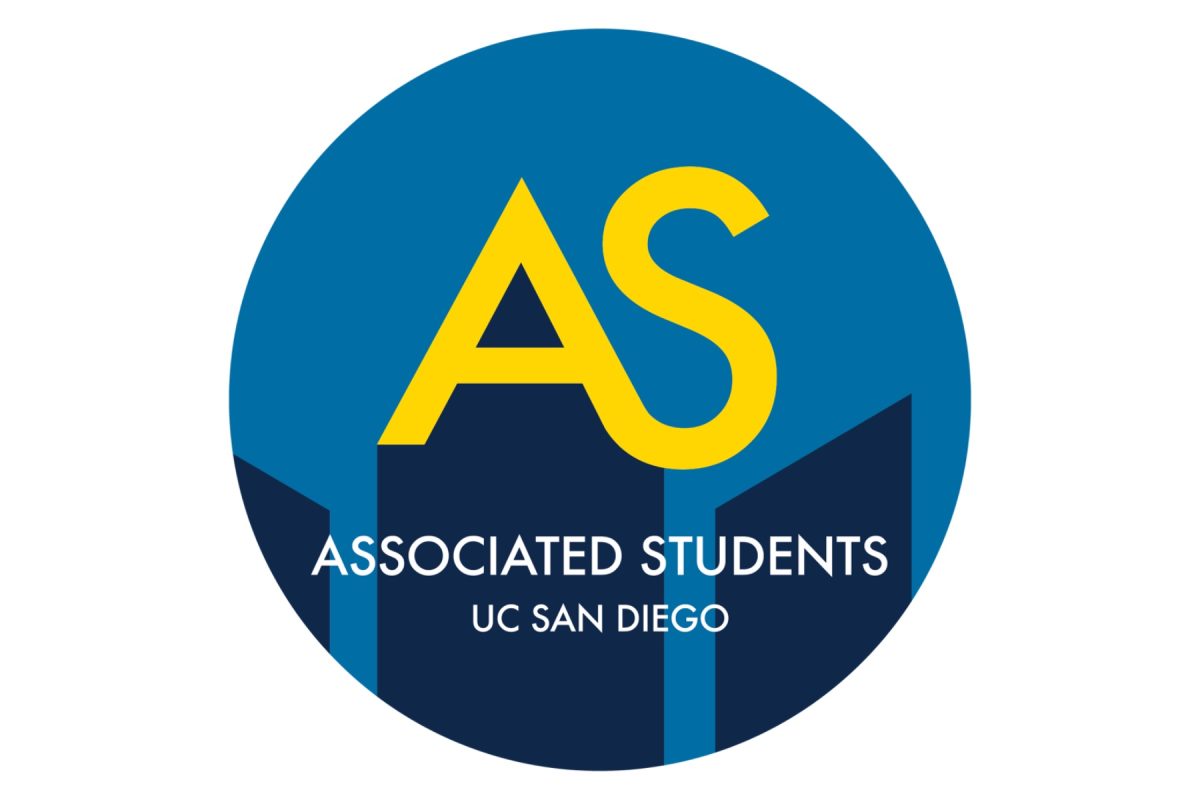I was hot and bothered all day (85 degrees today — really, La Jolla?), so I was not dreading sitting in the somewhat cool Forum with my Mango-A-Go-Go from Jamba Juice. It’s been a rough week, so by 6:05 p.m. when the meeting commenced, my feet were already on the chair in front of me.
This week, public input included more than Che Cafe business. First, Student Council of Eleanor Roosevelt College representatives reminded everyone that my angsty, punky junior high dreams will be coming true on Friday, Feb. 27, when We the Kings headline ERC’s annual Rock ‘n’ Roosevelt. I can hear my 13-year-old self (and, okay, my 20-year-old self, too) celebrating in the distance.
Several past speakers spoke again on behalf of the Che Cafe tonight and continued to remind Council that the Che is an important student space on campus that needs the support of A.S. Council. Furthermore, one speaker reprimanded the Graduate Student Association for its resolution regarding the Che. According to this speaker, the GSA is disallowing any events from happening at the Che Cafe for a year and a half. This “hostile proposal” would be preventing this “icon of expression” from operating, and that would be a travesty to the student body, the speaker argued.
At this point, I heard my stomach growl. I looked around and saw several council members eating. Hey, it is dinnertime. I don’t blame them. Note to self: Bring more food to these meetings.
Next, Emily Barnes of the nonprofit organization Coaching Corps presented and discussed the goals of this program and about implementing it at UCSD. Coaching Corps’s goal is to “fill the sports gap” by giving kids who normally would not be able to participate in sports the opportunity to do so, as according to Barnes, only 34 percent of underprivileged kids participate in sports. People involved in Coaching Corps volunteer to coach kids from ages 4 to about 17 in a variety of different sports. The aim, though, is to be a role model for these kids, not just a coach. Leadership and communication training is required for those who want to volunteer for this program. Barnes is hoping to reach out to other UCSD groups, such as the intramural teams and Res Life offices, to gain more volunteers. Council seemed more interested in this than this than anyone who spoke about the Che Cafe, and to me, that says a lot.
After the Coaching Corps presentation, someone was supposed to present on the history of the Che Cafe, but there were some technical difficulties (story of my life), so President Boparai reordered to the reporting of projects.
ASUCSD MOVES Director Kyle Heiskala was (finally) here today and discussed his project regarding summer transportation for UCSD students. The Metropolitan Transit System and Heiskala have a few options. One, there would be a $10.15 fee added to the Fall, Winter and Spring Quarters to cover the cost of a summer quarter transportation service. However, this would require a student-voted referendum. Two, there would be a $135 fee that students taking a summer course at UCSD can opt into, and this will be an option this summer, regardless if Council decides to have a referendum. Three, MTS has a $57.60/month pass that students could purchase through MTS and use during the summer. For the third suggestion, UCSD would not be a middleman between MTS and the student body.
Afterward, while people were trying to fix the technical issues, I was daydreaming about sitting on a couch and fast forwarding through the monotony of this meeting. It would have been just like fast forwarding through commercials. Too bad I don’t have that option.
Anyway, the Che presentation began a million and a half years after it was supposed to. The speaker gave a compelling narrative about the history of the Che Cafe and why it continues to be an important space for students. He also quoted the Triton Times a few times and said the word “hootenanny.” The speaker urged A.S. Council to “take the building seriously.” And while the speaker agreed that the Che needs student support, Council should not expect it to be more than it should be, meaning that the Che was never intended to be the main hub of campus; it is a place for those who do not want to be or are not comfortable being part of the mainstream. The Che’s importance, according to the speaker, is not defined by the number of students who use it but by its rich history and continued importance for the persons who do use it. Oh, Council, I wish you could see how bored and uninterested you look.
I need some air. It’s getting hot again. Later, gators.
Oh and, quick note, Advocate General, Speaker and Elections Manager Colin King sent his resignation letter during the meeting. Boparai filled in the speaker position for the night.








